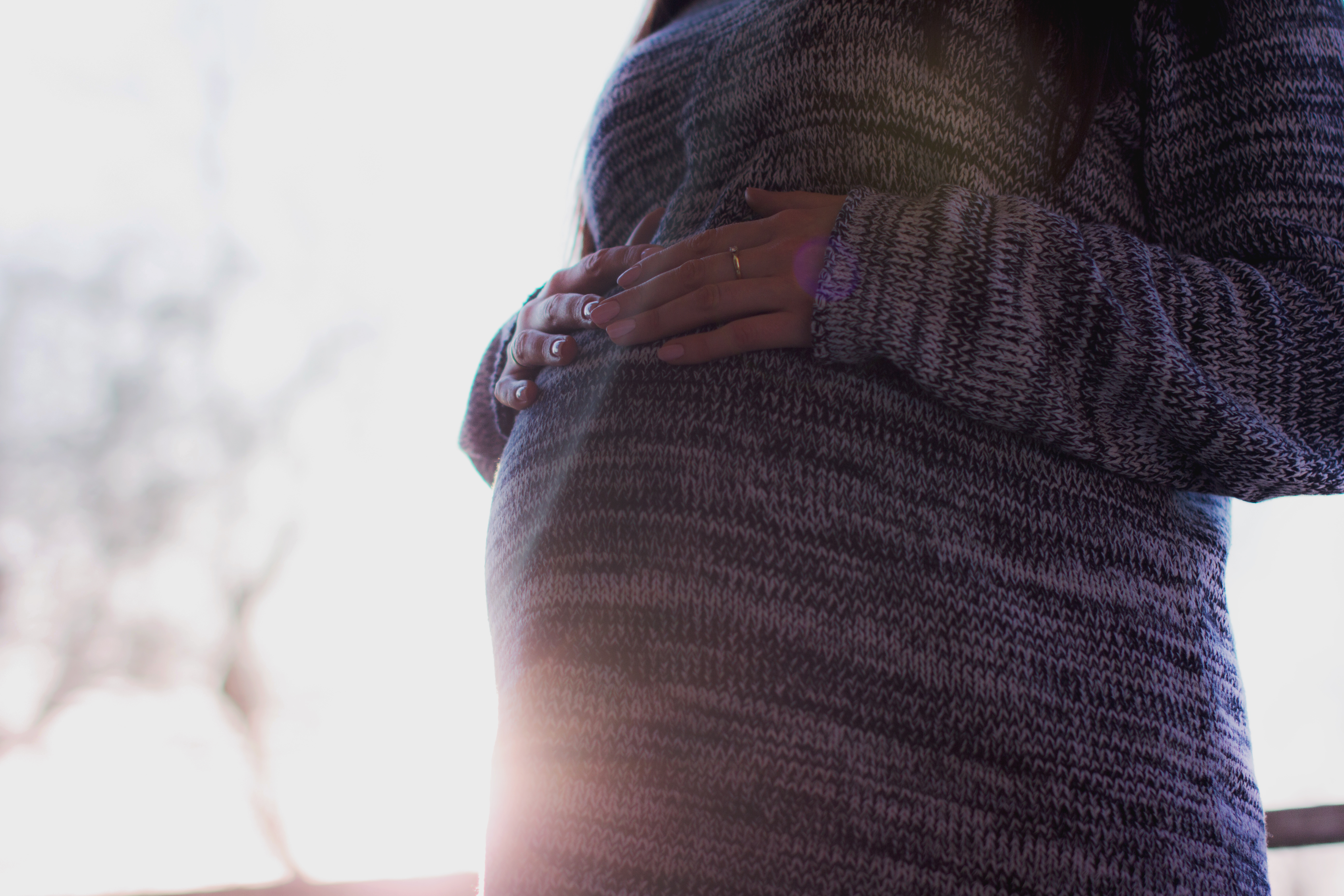Trying to conceive? UNC Fertility’s Dr. Jennifer Mersereau answers some common questions on how to best navigate the season of sniffles.
Q: Is it a good idea to get the flu vaccine while undergoing fertility treatment?
A: The CDC advises that the influenza vaccine is the best course of action in protecting yourself from the flu. Because infertility can lead to stress, which ultimately compromises the immune system, we highly recommend pregnant women—and women trying to become pregnant—vaccinate against the flu. Not only will the flu shot protect pregnant women, but it will pass some of that protection onto the baby.
Q: What are the different types of flu vaccines available? Is there one that is a better choice for those trying to conceive?
A: There are two types of vaccines when it comes to combatting the flu. One is the injection, while the other is a live (attenuated) flu vaccine which is given through the nose. The nasal spray is not given during pregnancy and therefore, not recommended for women who are trying to conceive.
Q: For those undergoing IVF who do come down with the flu, what are the possible complications?
A: If you have contracted the flu, we would recommend starting medication within 48 hours of exposure to try to help reduce symptoms. Unfortunately, depending on where you are in your IVF treatment, the illness could delay or postpone your cycle.
Q: Is it necessary to get the vaccine if you got it last year?
A: Every flu season is different from the last and can affect people differently. Even the healthiest people can get sick from the flu and spread it to others. An annual flu shot is the best way to reduce your chances of catching the flu which can lead to hospitalization and sometimes even death.
For more information on the flu vaccine and fertility or to schedule an appointment with one of our physicians, please call 919-908-0000.









